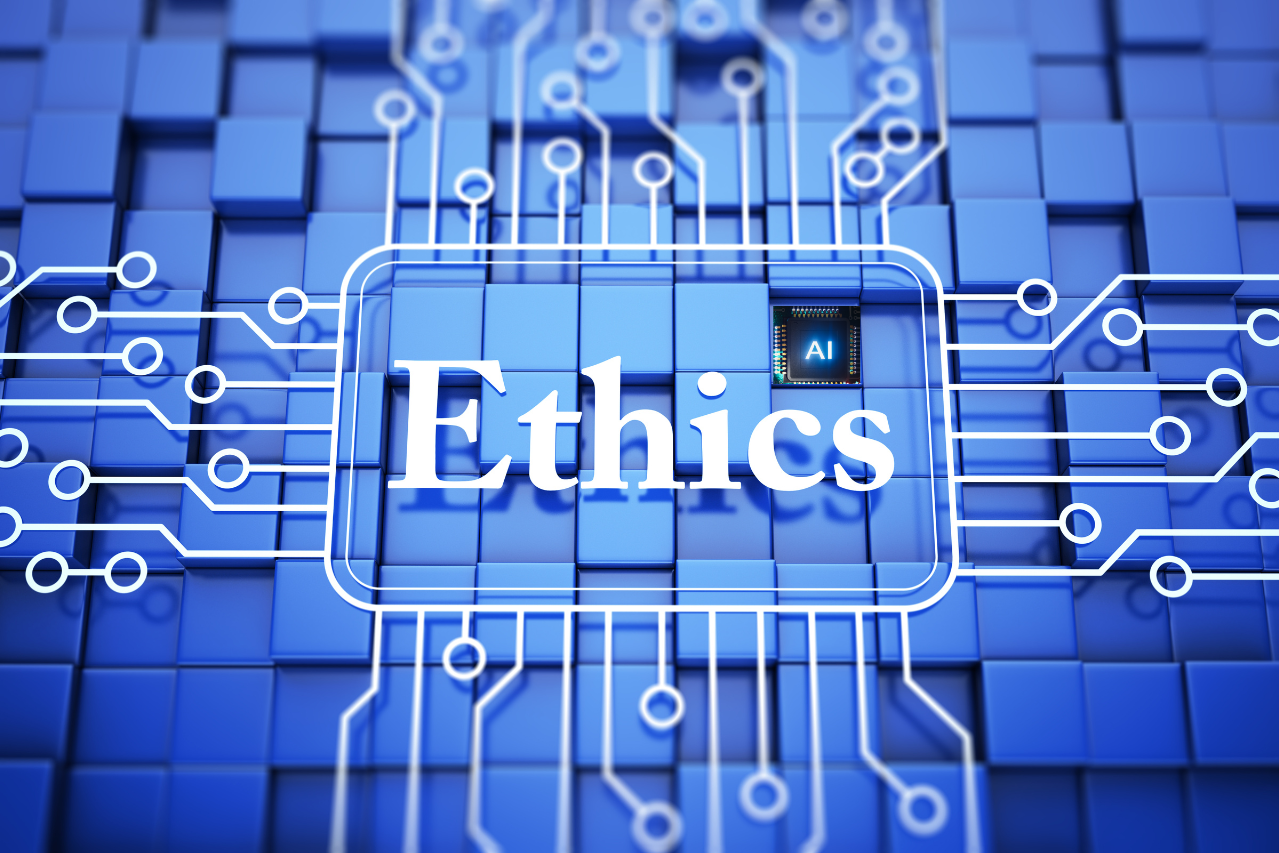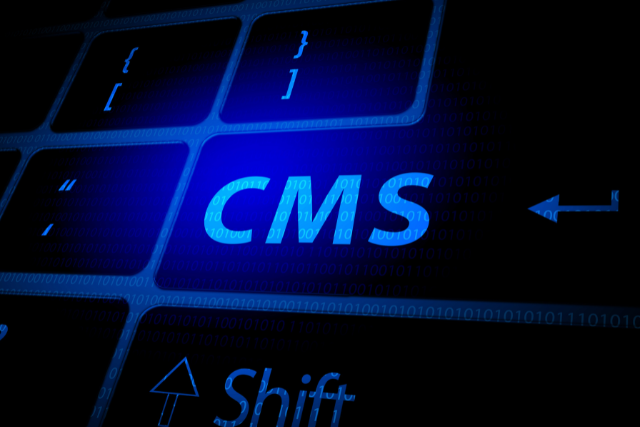The Declaration of Helsinki has undergone its 10th update, marking a significant step in its ongoing effort to adapt to the evolving landscape of healthcare. If you’re not familiar with this influential document—first adopted by the World Medical Association on October 19, 1964—it serves as a global guide to ethical medical research. Here’s an explainer on its origins, how it has evolved over time, and what the latest updates mean for the future of health and medical science.
The Declaration of Helsinki (DoH), established in 1964 by the World Medical Association, has been a cornerstone for guiding ethical medical research involving human participants. Developed in response to the atrocities of Nazi war crimes, it prioritizes not only the prevention of harm but also the promotion of ethical science globally. Since its inception, the DoH has undergone 10 amendments, with the most recent update in 2024 reflecting the rapidly evolving landscape of both science and ethics. This evolution is especially relevant as artificial intelligence (AI) transforms health and medical research.
- Tokyo, Japan (1975): Significant updates were made to address ethical challenges arising in global health research.
- Venice, Italy (1983): Modifications clarified key principles for conducting clinical trials.
- Hong Kong (1989): The Declaration expanded its focus to include the ethical use of emerging technologies in research.
- Somerset West, South Africa (1996): Revisions emphasized global disparities in healthcare research and access.
- Edinburgh, Scotland (2000): A major overhaul modernized the Declaration to align with 21st-century medical research practices.
- Washington, DC, USA (2002) and Tokyo, Japan (2004): Notes of clarification were added to address ambiguities in prior versions.
- Seoul, South Korea (2008): Amendments addressed the ethics of research in resource-limited settings.
- Fortaleza, Brazil (2013): Updates included considerations for vulnerable populations in clinical studies.
- Helsinki, Finland (2024): The most recent revision reflects modern challenges, particularly the integration of artificial intelligence (AI) in medical research.
As AI continues to demonstrate its potential in health care—enhancing tasks like drug discovery and clinical trials—its integration raises significant ethical considerations. The 2024 amendment of the DoH acknowledges these complexities, offering a timely opportunity to address AI’s growing influence. Three critical issues highlight the need for ethical vigilance in applying the DoH to AI in health and medical research.
Ethical Data Governance: Navigating Jurisdictional Complexities
As AI continues to revolutionize healthcare—enhancing drug discovery, streamlining clinical trials, and improving diagnostics—the integration of AI into medical research raises new ethical questions. The 2024 update of the DoH acknowledges these complexities, offering a framework to navigate them. Below are three critical areas where ethical vigilance is essential.
1. Ethical Data Governance: Balancing Privacy and Progress
Paragraph 10 of the DoH emphasizes the need to align with the ethical, legal, and regulatory norms of the jurisdictions where research is conducted. However, the global landscape of data governance is fragmented:
- The European Union’s General Data Protection Regulation (GDPR) enforces strict privacy rules.
- In contrast, the United States lacks federal data protection laws, resulting in a patchwork of state regulations.
These discrepancies create challenges in governing health-related datasets, particularly when AI-driven research relies heavily on large-scale data sharing. While initiatives like the Declaration of Taipei, which focuses on big data ethics, have contributed to the dialogue, a unified global vision remains elusive. Addressing these gaps is critical to advancing AI in healthcare while respecting privacy and public trust.
These discrepancies create challenges in balancing data privacy with the demand for data sharing in health research. While initiatives like the Declaration of Taipei aim to address big data ethics, a unified vision for governing health-related data globally remains elusive. This gap hinders the ability to use data effectively while respecting ethical principles, particularly as AI-driven insights rely heavily on extensive datasets.
2. AI Literacy: Bridging the Knowledge Gap
AI literacy varies significantly across regions, posing challenges for researchers, ethics committees, and the general public. For example:
- A 2024 survey across 21 countries found that while respondents were confident in their AI knowledge, they had limited understanding of specific technologies, such as deepfakes.
- Ethics review boards often lack the expertise to assess AI-driven research, potentially compromising decision-making.
Enhancing AI literacy is essential to ensure the ethical implementation of the DoH in research involving AI. This includes educating researchers, institutional boards, and the public on the opportunities and risks associated with AI technologies in healthcare.
3. Addressing Present and Future AI Harms
AI’s rapid development introduces both visible and hidden harms, particularly for marginalized communities. Examples include:
- Algorithmic bias, which can disproportionately affect underrepresented populations.
- Hidden harms, such as unintended consequences of AI deployment, that remain poorly understood.
The 2024 update of the DoH encourages greater attention to these issues, particularly in mitigating conflicts of interest—a growing concern as industry players wield significant influence in AI research. Proactively addressing these risks will ensure that AI technologies benefit all communities equitably.
Addressing Low AI Literacy
AI literacy varies significantly both globally and within specific jurisdictions, posing challenges for ethical oversight:
- A 2024 survey across 21 countries revealed that while many respondents were confident in their AI knowledge, they lacked understanding of specific AI outputs like deepfakes.
- Limited expertise in AI among institutional review boards and research ethics committees hampers informed decision-making for research involving AI.
Improving AI literacy among professionals and the public is crucial for meaningful adoption of the DoH’s principles in AI-driven research. This effort requires targeted education, resources, and engagement strategies to ensure all stakeholders—researchers, institutions, and communities—understand the ethical implications of AI technologies in health care.
Clarity on Present and Future AI Harms
AI’s rapid development introduces uncertainties around its present and future harms, particularly for marginalized communities. These harms include:
- Bias in AI algorithms, which can disproportionately affect underrepresented groups.
- Hidden harms, such as unintended consequences of AI deployment, that are still emerging.
Moreover, the DoH currently lacks explicit guidance on conflicts of interest—a critical issue in AI research given the substantial influence of industry stakeholders. As AI technologies advance, understanding and addressing these ethical conflicts will become increasingly important. Ethical frameworks like the DoH must adapt proactively to mitigate these evolving risks and ensure equitable outcomes in health-related AI research.
Building Ethical Capacity for the Era of AI
The Declaration of Helsinki offers a robust foundation for ethical medical research, but its implementation in the age of AI demands creativity, foresight, and institutional commitment. Ethical governance in AI requires:
- Continuous updates to reflect technological advancements.
- Interdisciplinary collaboration to anticipate and address emerging ethical challenges.
- Adequate resources to support ethical decision-making at every level of research.
Ultimately, the DoH’s ability to positively influence health and medical science involving AI depends on the capacity and dedication of researchers, institutions, and policymakers to uphold its principles. By fostering a culture of ethical awareness, the DoH can remain a vital guide in navigating the transformative impact of AI on health care.




